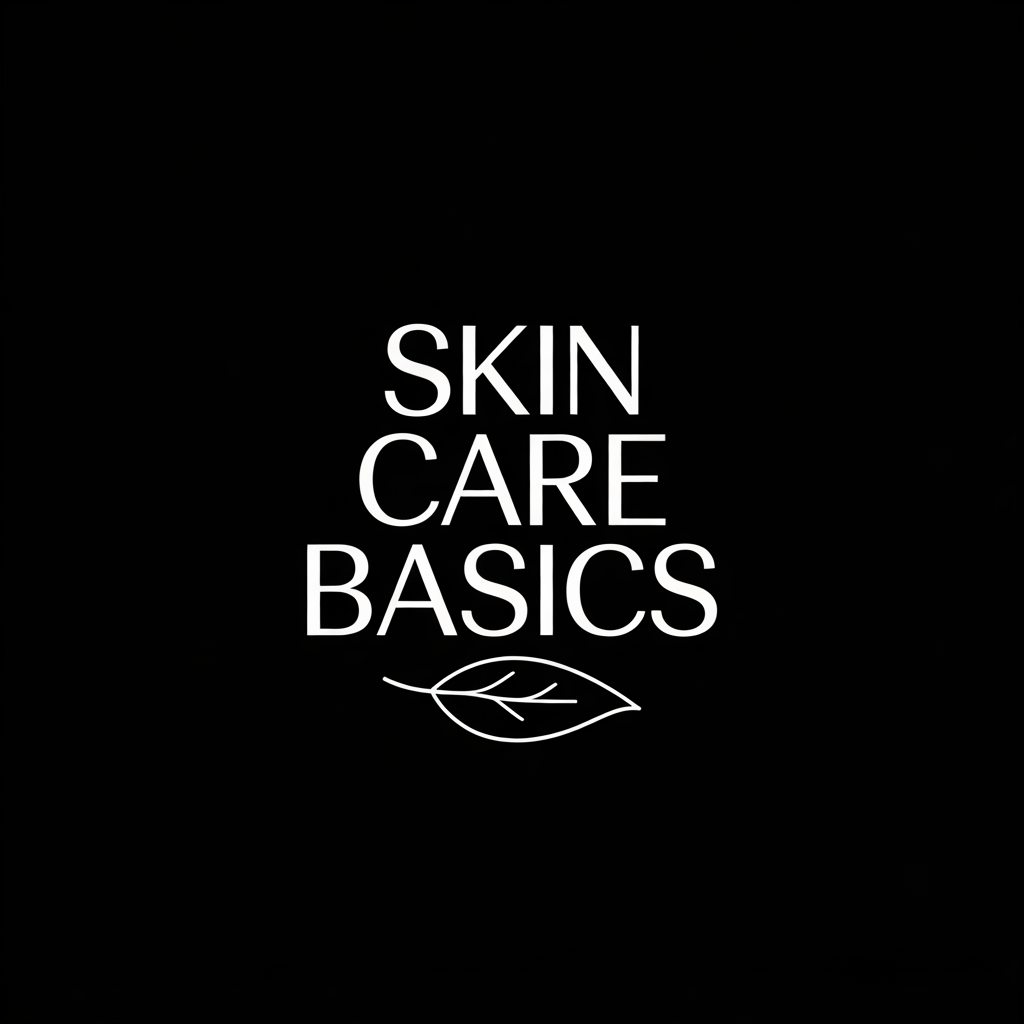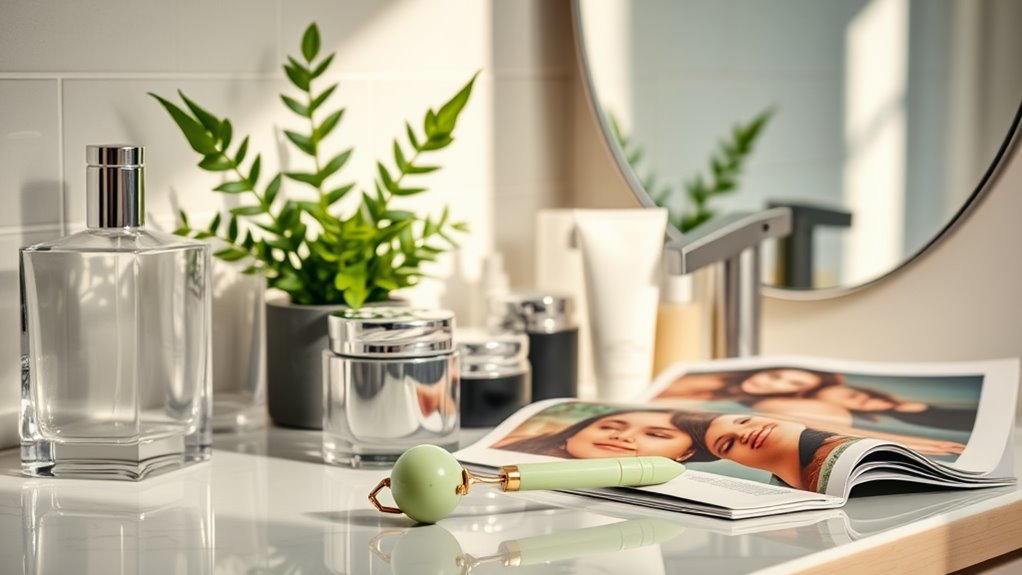Anti-Aging Skincare Myths You Probably Still Believe
You might think that spending more on skincare guarantees better results or that natural ingredients are always safe. However, these common beliefs can lead to misconceptions that harm your skin rather than help it. Sunscreen’s importance is often underestimated, and many assume wrinkles are just a part of aging. If you’re curious about what really works and what’s based on myths, you may want to reassess your skincare routine.
Key Takeaways
- Expensive skincare products are not necessarily more effective; formulation and ingredient concentration matter more than price.
- Natural ingredients can cause allergic reactions; effectiveness depends on formulation rather than being purely “natural.”
- Sunscreen is essential every day, even on overcast days, as UV rays can still damage the skin.
- You can prevent wrinkles through proactive measures like using sunscreen and maintaining a healthy diet and hydration.
- All skin types benefit from moisturizers, which help maintain elasticity and improve overall skin texture.
Expensive Products Are Always More Effective
Have you ever wondered if splurging on high-end skincare products guarantees better results?
It’s a common belief, but it’s one of the biggest anti-aging myths out there.
Expensive products often contain similar active ingredients as their budget counterparts, and research shows that effectiveness isn’t determined by price.
Factors such as formulation, concentration, and skin type play a more crucial role in product efficacy.
While luxury brands may offer appealing packaging or marketing, your skin doesn’t necessarily benefit more from a higher price tag.
Additionally, understanding effective treatments is essential for making informed choices about your skincare routine.
Educate yourself on ingredients and choose wisely for optimal anti-aging benefits without breaking the bank.
Natural Ingredients Are Safer and Better
While many people believe that natural ingredients are inherently safer and more effective for skincare, this notion isn’t entirely accurate.
In fact, some natural substances can cause allergic reactions or irritation, just like synthetic ingredients. For instance, essential oils and plant extracts may trigger sensitivities in some individuals.
Moreover, the effectiveness of a product often depends on the formulation and concentration of its active ingredients rather than whether they’re natural or synthetic. For example, retinol and bakuchiol are both popular choices, yet they have different safety profiles and effectiveness levels.
Ultimately, it’s essential to evaluate products based on scientific evidence and your skin’s unique needs, rather than relying solely on the “natural” label. Your skin deserves informed choices.
Sunscreen Is Only Necessary on Sunny Days
Why do so many people think sunscreen is only necessary on sunny days?
This myth can lead to serious skin damage, as harmful UV rays penetrate clouds and can reflect off surfaces like water and snow.
Even on overcast days, up to 80% of UV rays can still reach your skin.
Daily sunscreen application is essential, regardless of weather conditions, to protect against skin cancer and premature aging.
Dermatologists recommend using a broad-spectrum sunscreen with at least SPF 30 every day.
Additionally, this common skincare mistake can accelerate the aging process, making it even more crucial to prioritize sun protection.
Wrinkles Are Inevitable and Can’t Be Prevented
Many individuals believe that wrinkles are an unavoidable part of aging, leading to a sense of resignation about skin health. However, research shows that while aging skin changes, you can take proactive steps to minimize wrinkling. Factors like sun exposure, smoking, and diet play significant roles. Additionally, incorporating collagen for wrinkle prevention into your skincare routine can enhance skin elasticity and reduce the appearance of fine lines.
| Factor | Influence on Wrinkles | Prevention Tips |
|---|---|---|
| Sun Exposure | Major contributor | Regularly use sunscreen |
| Smoking | Accelerates aging | Quit smoking |
| Diet | Affects skin health | Eat antioxidants |
| Hydration | Maintains elasticity | Drink plenty of water |
Taking charge of your skincare routine can make a difference.
You Only Need Moisturizer for Dry Skin
Is it really true that moisturizer is only essential for dry skin?
Not at all! Everyone can benefit from moisturizing, regardless of skin type.
Here’s why you should consider it:
- Hydration: Keeps skin cells plump and healthy.
- Barrier Protection: Strengthens the skin’s natural barrier against environmental stressors.
- Elasticity: Maintains skin’s elasticity, reducing the appearance of fine lines.
- Oil Balance: Helps regulate oil production, preventing excess shine or breakouts.
- Aging Prevention: Regular hydration slows down the aging process by improving overall skin texture.
Additionally, skipping moisturizer can lead to skin’s response, such as increased dryness and irritation, affecting all skin types.
Don’t overlook moisturizer; it’s a key player for all skin types!
Anti-Aging Products Work Overnight
Have you ever woken up hoping to see miraculous results from your anti-aging products? While some products can provide noticeable improvements over time, expecting overnight transformations is unrealistic. Skin renewal takes time, and factors like genetics and lifestyle significantly influence results. Implementing a simple cleansing routine can dramatically transform your skin and improve the effectiveness of your anti-aging regimen.
| Myth | Reality | Evidence |
|---|---|---|
| Instant Results | Gradual Improvement | Studies show skin rejuvenation requires consistent use. |
| One Product Works Alone | A Routine Is Essential | Experts recommend a comprehensive skincare regimen. |
| All Skin Types Benefit | Tailored Approaches Needed | Ingredients must match your skin type for effectiveness. |
Be patient and consistent for best results!

